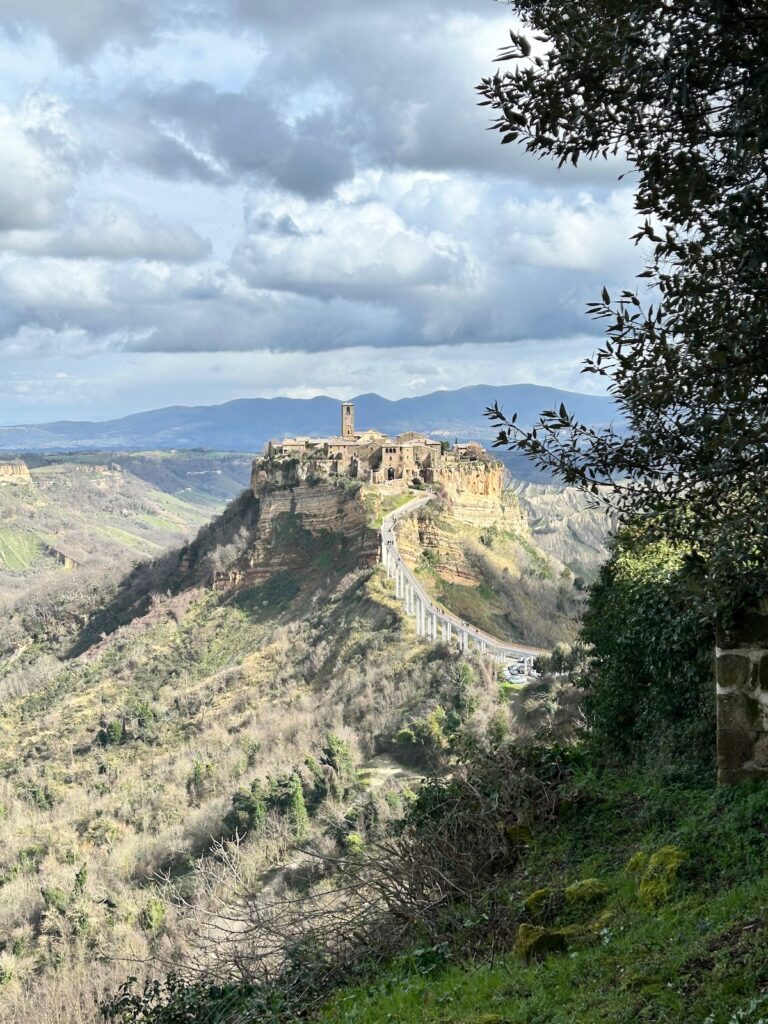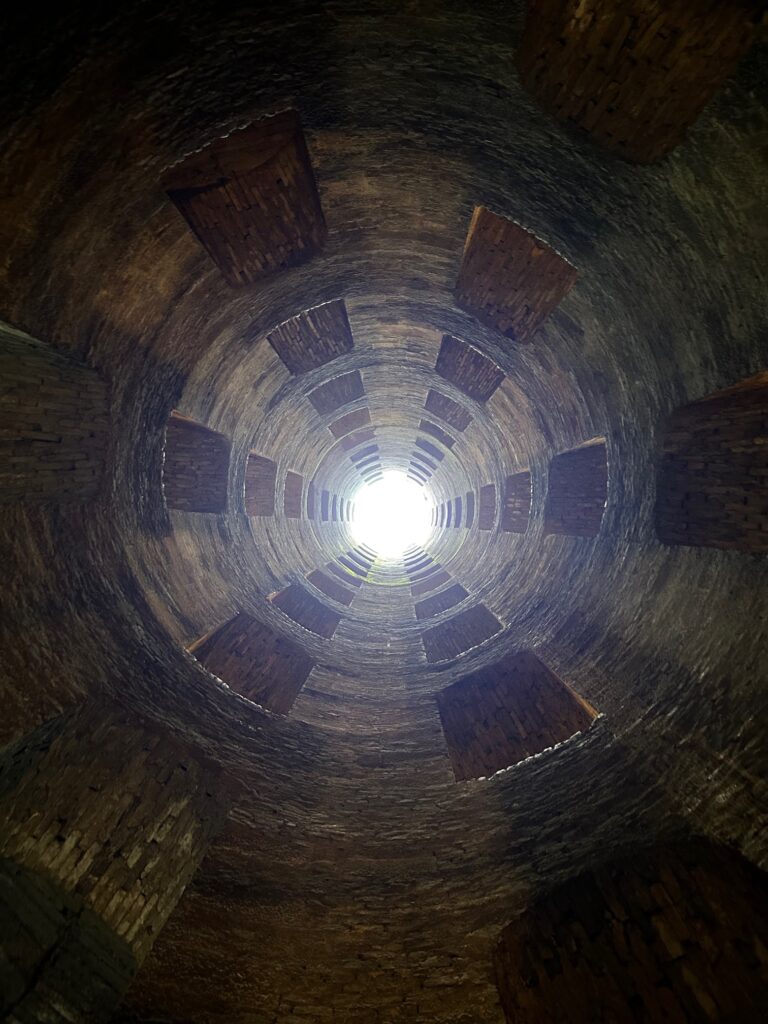The other day I was sitting in a hospital in Rome, waiting for a scheduled medical appointment with a specialist. As I sat and waited, deli counter ticket in hand, every minute or so I referred back to my phone to review the vocabulary words that I would specifically need to use for the visit. Medical terms and very specific parts of the body words are not always the most commonly used words for me, and so at this moment I was making dogged attempts to quickly commit everything to memory. All the while staring up at the digital board to see if my number was yet called.

The system for patients coming to the hospital is not the most clear– even for Italins visiting for the first time. The building is a bit of a labyrinth and knowing exactly where you need to go…and exactly what order you need to complete your visit in order to achieve the desired goal (which is in this case, seeing the doctor) is not straightforward. C’est pas évident. But I have been here a bunch of times, and so I have learned. Still, I sat there in the waiting area, vaguely watching folks come and go: from the old Italian couple walking around to the chicly and observantly-dressed Muslim couple who was patiently sitting in the chairs next to me. As I waited, I flicked my eyes up to note a man standing near the elevators. Clearly looking around with a bemused expression.
Since I’ve managed to develop a sixth sense for these things, I immediately recognized that he was both lost and looking for direction. “Don’t come over here asking me stuff,” I instinctively thought, “I’m just barely figuring this out myself.”
I feel bad for thinking this, but it’s largely because I know that as soon as I open my mouth, my non-Italian origin is going to explain it all. And so I am already thinking, “C’mon, you don’t really want to ask a foreigner, do you?”

But then I realize that I probably walk around with a good sense of knowing exactly where I need to be going. I say exactly– but I should probably reframe that and say ‘exactly but probably not much more than that’. Nobody else can really know this, however, and thus my projected sense of purpose serves as a sort of false advertising for others reading body cues. Or perhaps they are just really in need of someone else who is willing to lend an ear to their query. Right place, right time. It’s like last week when an Italian man stopped me in the supermarket and asked where the flour was.
“You speak benissimo,” the doctor told me at my medical appointment. He said this 90% of the way after we did the whole appointment in Italian. My Italian was apparently so ‘benissimo’ that he switched topics and had started to ask me about the origins of the rampant homeless problem in San Francisco. But “benessimo” means “very well”; it’s a step above functional, but still below fluent. I know my limitations, and more to the point– I’d already told him that I was from Boston (an easier generalization for “Massachusetts’ ‘) and was not well-qualified to make researched comments on a city on the other coast.
But back to the guy looking for flour at the supermarket.
I did know where the flour was located. He needed to walk down the aisle, turn left, and you would find it down on the left-hand side. But my brain still can’t form that complete construction in Italian– no matter how much I wish it would. One reason is because I have grown lazy with speaking “just enough” Italian, and two…well, I am old and growing lazy. I should really just work a bit harder to use my brain.
“It’s on the left,” I told him in Italian, motioning with my hand to connote going beyond the current aisle. It was a weak explanation, one I felt a bit ashamed to say out loud because I knew that my Italian vocabulary has so many holes when it comes to speaking (my understanding is way better– it’s just that conjuring up the right words at the right time is not achieved). As the guy thanked me and made his way towards “the left”, I slowly followed him as I continued to consult my shopping list. When he had reached the inevitable point of mystery, I pointed him to the shelves of flour bags. “Grazie!” he told me with much appreciation. I nodded and went back to my own affairs. I am not the best person to ask.
I will say, that when that man in the hospital was looking for someone to ask, I did immediately feel bad after shrinking away at the possibility that he might ask me. One the one hand, I really don’t want anyone to ask me much of anything ever in this context. I feel like the last person who someone should be asking. One the other hand, I have been in his shoes. I know that we all have been in this circumstance, and it is already enough to ask someone else for help when you are sure that you are lost or misdirected. I am willing to try to be helpful, even if I dread that the person doing the asking might immediately regret the decision to ask me once I open my mouth and reveal that I’m not exactly from around here.
I also spend a good amount of time thinking about a claimed etymology of the country Senegal. I was once told that it came from the Wolof “sunuu gaal” which means “our boat” in English. The idea being that it’s a communal place, where makes it together in the same boat. For a country that is indeed so entrenched in the sense of community, I got it. But the lesson I took for the broader existence, I found that impactful too. And so, when I do find people coming up to speak with me, and my inner introvert cringes, I try to usher in that secondary reminder that we’re all doing this living thing together. I might not feel like I have all of the answers, but perhaps I can help another person along just a little bit. It might be easier to just turn away, but I do work hard each day to keep myself open to doing my part for the rest of this world.